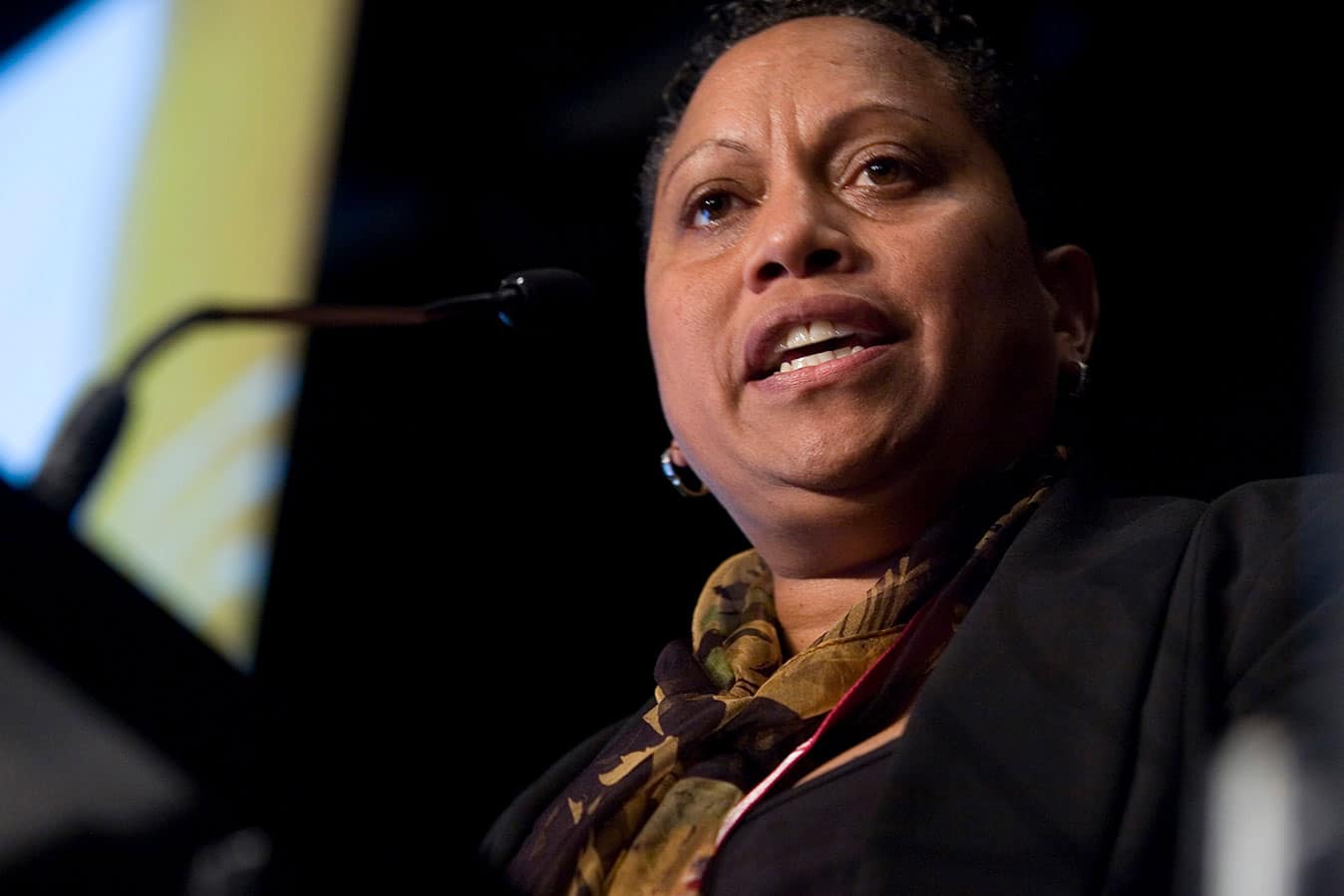A minimum of two First Nations representatives will play a key role in making regulatory decisions about matters concerning culturally safe healthcare and racism where Aboriginal and Torres Strait Islander people are involved, Ahpra and the National Boards have announced.
Building on its efforts to eliminating racism from healthcare, the implementation of the new culturally safe process will see Indigenous representatives, plus practitioners from each of the relevant profession and community members, guide National Boards’ consideration of allegations of racism in line with the legislation governing health practitioners in Australia.
The Indigenous experts will make decisions with other Board representatives about any notification involving Aboriginal and/or Torres Strait Islander Peoples. In the most serious matters, this will include decisions about whether to refer a practitioner to an independent Tribunal.
A proud descendent of the Darumbal and Juru clans of the Birra Gubba Nation with South Sea Islander heritage, Associate Professor Carmen Parter is an Ahpra Board member and not involved in any regulatory decision making.
But as co-Founder and Director at the Learning Centre for Systemic Change and Research and the inaugural Co-chair of the Indigenous Working Group of the World Federation of Public Health Association, Associate Professor Parter said elevating Indigenous involvement in the consideration of matters concerning race was real and significant action.
“Racism is the biggest public health issue that Australia faces today and no-one wants to talk about it or do anything about it,” Associate Professor Parter said.
When we move forward to looking at these cases it is so critical to have Indigenous voices brought into the process because we’ll bring that cultural lens on race and how it plays out.
“We bring a different lens to the process – a lens of lived experience – to uncover things that people aren’t necessarily aware of because we know that racism is a difficult subject to talk about.”
The arrangements come after Ahpra, the National Boards and the Aboriginal and Torres Strait Islander Health Strategy Group advocated to enshrine cultural safety as a guiding principle and objective for the National Scheme, which was adopted as legislative amendments to the Health Practitioner Regulation National Law last October.
Associate Professor Parter said establishing culturally safe notification processes, led by Aboriginal and Torres Strait Islander Peoples, was vital in sending a message through the entire health system, as well as building confidence among Indigenous communities.
“Cultural safety being legislated is such a big move. But the solutions are held with those that experience racism, so that’s why it’s important that we have a voice at those tables and to bring that experience into addressing racism in healthcare practice,” Associate Professor Parter said.
“This is where Ahpra can play a critical role in terms of how we eliminate racism in the health professions that we regulate.
“It’s critical to get that communication out there because communities are going to feel much more confident that services are going to really do something.”
“I want to end up one day where my grandkids and future generations will actually enjoy the same level of healthcare as others would expect.”
Chair of the National Health Leadership Forum Ms Fiona Cornforth stated that cultural safety is very much a prerequisite for health service delivery in providing an environment free of racism that ensures better health outcomes are achieved for First Nations people.
“The vision for both the 2021-2031 National Aboriginal and Torres Strait Islander Health Plan and the 2021-2031 National Aboriginal and Torres Strait Islander Health Workforce Strategic Framework and Implementation Plan is for a healthcare system to be free of racism; to achieve this we must address the discriminatory policies and practices that exist, instituting culturally safe care is intrinsic to this aim.”








